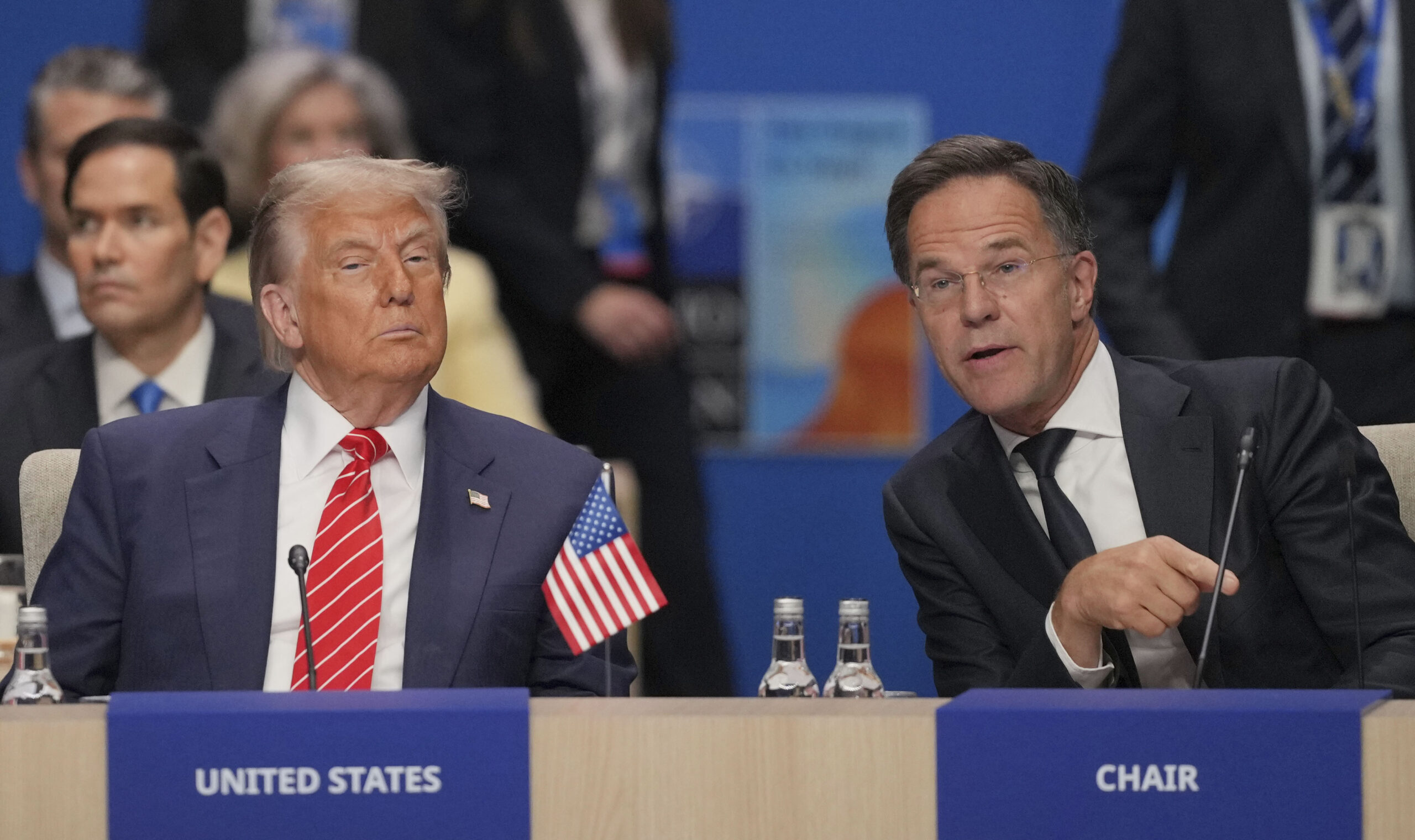Uzbek Dictator Ailing and Alliance Increasingly Unimportant to U.S. Interests
As Karimov clamped down at home, the strategic importance of the Karshi-Khanabad base, the cornerstone of the US-Uzbek alliance, was dramatically declining. Today, many of the functions performed by the base could be easily shifted to Afghanistan. Indeed, Afghan President Hamid Karzai wants permanent US military bases in Afghanistan and the Pentagon is spending US $83 million this year to build permanent facilities at its large bases near Kabul and Kandahar.
Western powers may soon come to regret its lack of attention to civil society developments in Uzbekistan. Karimov’s repressive system has ensured that all democratic parties are banned. Unlike in Georgia Ukraine and Kyrgyzstan, where democratically oriented opposition leaders were waiting in the wings, there is no democratic force at present in Uzbekistan capable of replacing Karimov, and maintaining stability.
The main result of Karimov’s authoritarian practices has been the formation of underground Islamic extremist groups in Uzbekistan. Such groups took shape in the late 1990s, receiving assistance from Saudi Arabia, Pakistan, the Taliban and al Qaeda.
The most well known group the Islamic Movement of Uzbekistan, which was decimated in the 2001 anti-terrorism offensive in Afghanistan, but whose remnants are now based in the tribal areas of Pakistan. Over the past four years, IMU militants have reorganized and reestablished contact with supporters in Uzbekistan.
Reports of a clash near the Kyrgyz border on May 15, in which Uzbek soldiers were supposedly killed, may be an indicator that Islamic militants are again active inside Uzbekistan, and are seeking to take advantage of the chaos in eastern Uzbekistan. It should be stressed, however, that the armed group which first attacked the government jail in Andijan on May 13 did not comprise Islamic radicals, but friends and relatives of the 23 businessmen and traders who were on trial in Andijan.
There are simply no good choices available in Uzbekistan. In Tashkent, Karimov is rumored to be extremely ill, and there is a possibility of a three-way power struggle to succeed him. The main contenders for power in Tashkent are; secret police chief Rustam Inoyatov; Interior Minister Zakir Almatov; and the powerful presidential adviser Ismail Jurabekov. All these figures are considered even more ruthless and dangerous than Karimov.
Western policies have ensured that even if Karimov were toppled in an internal power struggle, his replacement would only be another dictator. The chances of a democratic movement emerging in Uzbekistan are highly unlikely. Armed struggle, even if waged by democrats in the Ferghana Valley, is unlikely to stay democratic very long.
The longer that Karimov carries out acts of repression, the greater the likelihood that Islamic extremism spreads. ~Ahmed Rashid, Eurasia.net
Aside from Mr. Rashid’s rather credulous remarks about the “democratic” movements in other ex-Soviet republics, his article makes some very sound points and generally matches my thinking on the matter regarding this week’s massacre and the military importance of our alliance with Uzbekistan.
